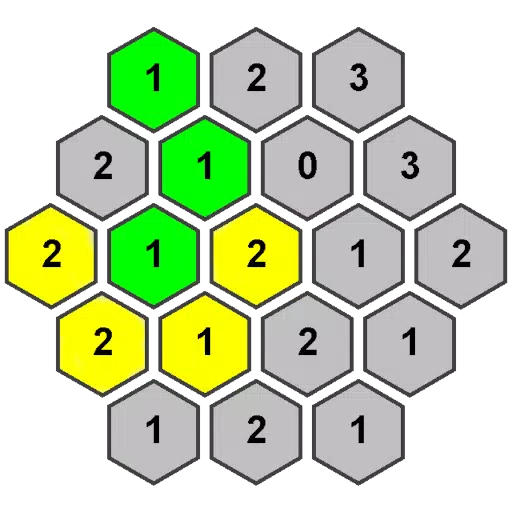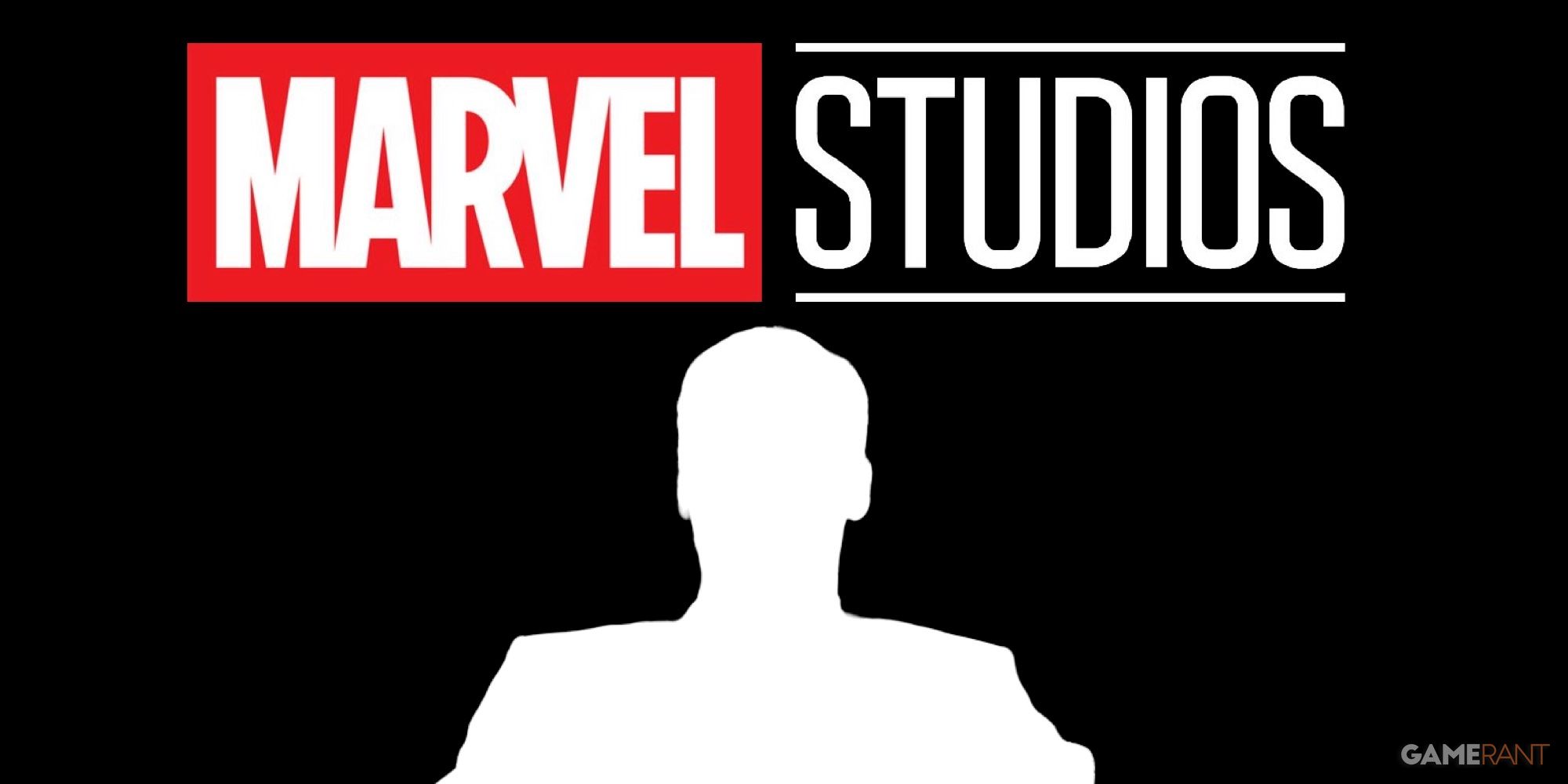The gaming community in the U.S. has been on a whirlwind of emotions this week. The excitement sparked by the full reveal of the Nintendo Switch 2 quickly turned to concern over its $450 price tag and the $80 cost for Mario Kart Tour. The roller coaster continued as Nintendo announced a delay in pre-orders to assess the impact of the sweeping tariffs imposed by the Trump Administration, affecting numerous countries worldwide.
We've explored the reasons behind the high cost of the Nintendo Switch 2 and the potential industry-wide effects of these tariffs in previous articles. The burning question now is: What will Nintendo do? Will the price of the Nintendo Switch 2 increase when pre-orders finally open?
Typically, when faced with such questions about the future of video games, I consult a panel of industry analysts. While they can't predict the future with certainty, they usually provide well-informed, data-backed insights into likely scenarios. This week, I've already sought their expertise twice.
However, this time, for the first time since I began this practice, every analyst I spoke with was stumped. Their responses were filled with guesses about whether Nintendo would raise prices, but each was heavily caveated by the unprecedented nature of the current situation. The rapid changes and unpredictability have left even the experts unable to forecast what Nintendo, the Trump administration, or others might do in the coming days, weeks, or months.
With that significant caveat in mind, here's what the analysts I spoke with had to say:
Sky-High Switch
The analysts were split on the likelihood of Nintendo raising prices. Dr. Serkan Toto, CEO of Kantan Games, initially believed it was too late for Nintendo to adjust prices post-announcement. However, the delay has shifted his perspective. He now thinks Nintendo may have no choice but to raise prices for the system, games, and accessories.
"It is very difficult to predict, but Nintendo will likely take a few days to run simulations and then announce hikes, not only for the system itself but also games and accessories," he said. "I hope I am wrong but if sustained, these sky-high tariffs leave them no choice. Would you be surprised now to see Switch 2 hit US$500 for the base model? I wouldn't."
Dr. Toto also questioned Nintendo's timing, wondering why they didn't wait for the U.S. to resolve the tariff issues before setting prices.
Mat Piscatella, senior analyst at Circana, echoed the sentiment of unpredictability but leaned towards the likelihood of price increases across the board. He noted that the tariffs were much higher than anticipated, forcing businesses to reassess their pricing strategies.
"Every reasonable and responsible business that relies on international supply chains will be reevaluating its US consumer pricing at this point. They have to," he said. Piscatella highlighted the potential for the U.S. to join regions with historically higher game prices due to these tariffs.
Manu Rosier, director of market analysis at Newzoo, also predicts a rise in hardware prices but suggests that software might be less affected due to the growing dominance of digital distribution.
"While physical versions might be subject to tariffs, the growing dominance and lower cost of digital distribution would likely limit any broader effect," he said. Rosier believes that if tariffs increase significantly, companies like Nintendo would likely pass the cost onto consumers rather than absorb it.
Holding the Line
On the other side of the debate, Joost van Dreunen, NYU Stern professor and author of SuperJoost Playlist, believes Nintendo will try hard to maintain the announced price of $449.99. He suggests that the volatility from the Trump tariffs was already factored into the initial pricing.
"I believe the volatility from the Trump tariffs was already considered in the Switch 2's $449.99 pricing," he said. "Given the first Trump administration's impact, Nintendo, like other manufacturers, has since restructured its supply chain to mitigate such geopolitical risks."
However, van Dreunen acknowledges the uncertainty caused by recent tariff decisions, particularly those affecting Vietnam, might force Nintendo to reassess if the trade situation worsens.
Piers Harding-Rolls, games researcher at Ampere Analysis, agrees that Nintendo faces a dilemma after announcing the launch price. He suggests that Nintendo might delay any price changes until 2026 if the tariffs remain in place, hoping for a resolution in the meantime.
"The extent of the tariffs and its impact on Vietnamese exports are really bad news for Nintendo," he says. "The company is now in between a rock and a hard place, having already announced the launch price. Nintendo will not want to change the price having announced it, but I think everything is on the table now."
Living in Unhinged Times
Rhys Elliott, games analyst at Alinea Analytics, predicts higher prices for both Nintendo hardware and software due to the tariffs. He referenced his previous comments on Nintendo's strategy of offering cheaper digital editions in certain markets as a way to encourage digital purchases.
"It seems the lower prices in other markets were to nudge Switch 2 buyers to digital, as I mentioned my comments to IGN about Mario Kart World’s pricing," he said. Elliott also painted a grim picture of the broader impact of the tariffs on the gaming industry, aligning with warnings from the Entertainment Software Association.
"Some manufacturers – Nintendo included – have been shifting their manufacturing to non-tariff-impacted markets," Elliott says. "And even if companies can afford to switch up (no pun intended!) their supply chains, who knows which markets will get tariffs next – as recent news supports."
Elliott criticizes the tariffs for their negative impact on U.S. consumers and the gaming industry, describing the current times as "unhinged" and driven by "an unhinged man (and other forces)." He argues that tariffs harm the economy and go against core economic principles of international trade.
Nintendo Switch 2 System and Accessories Gallery
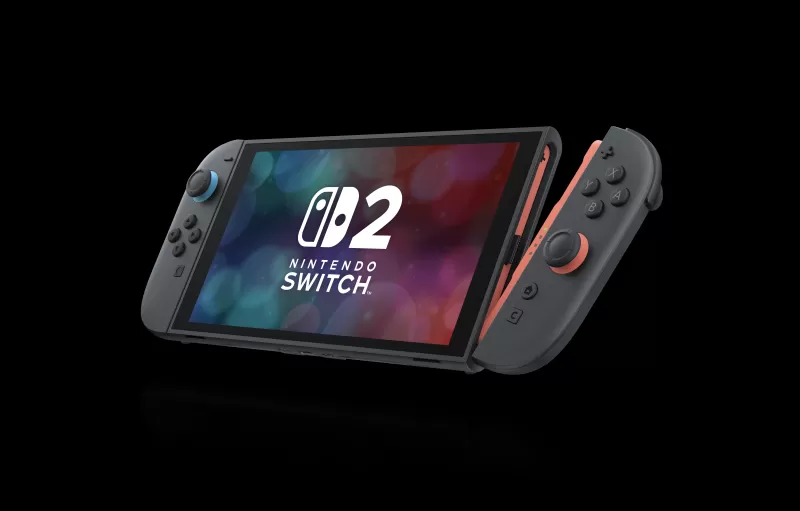
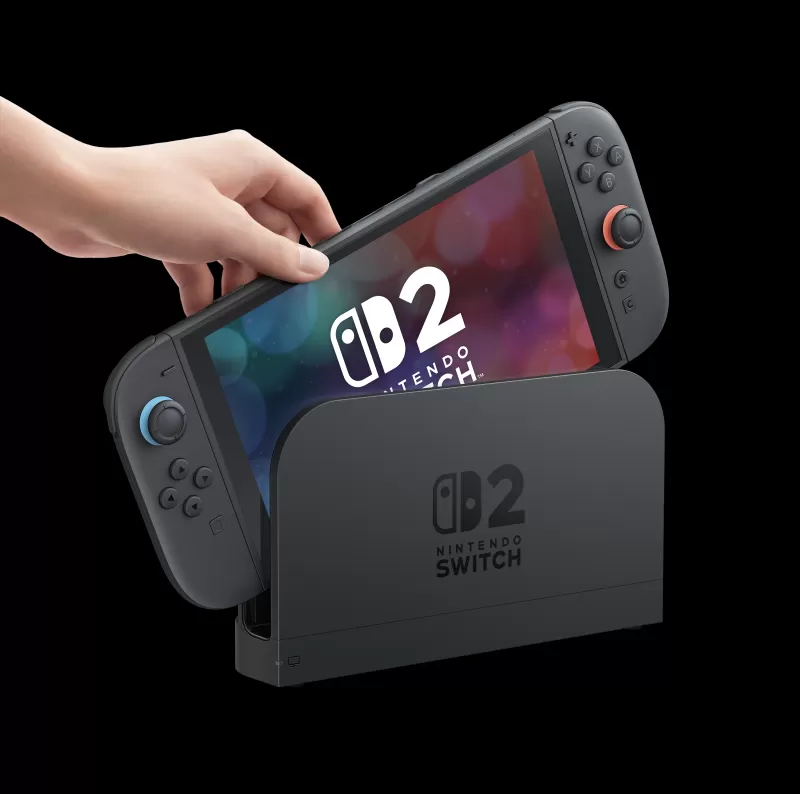 91 Images
91 Images 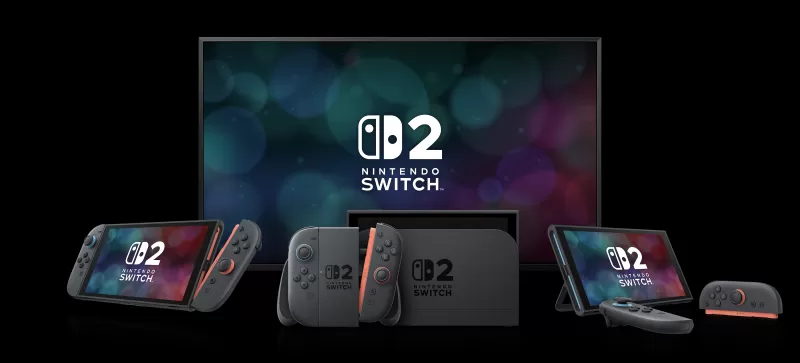
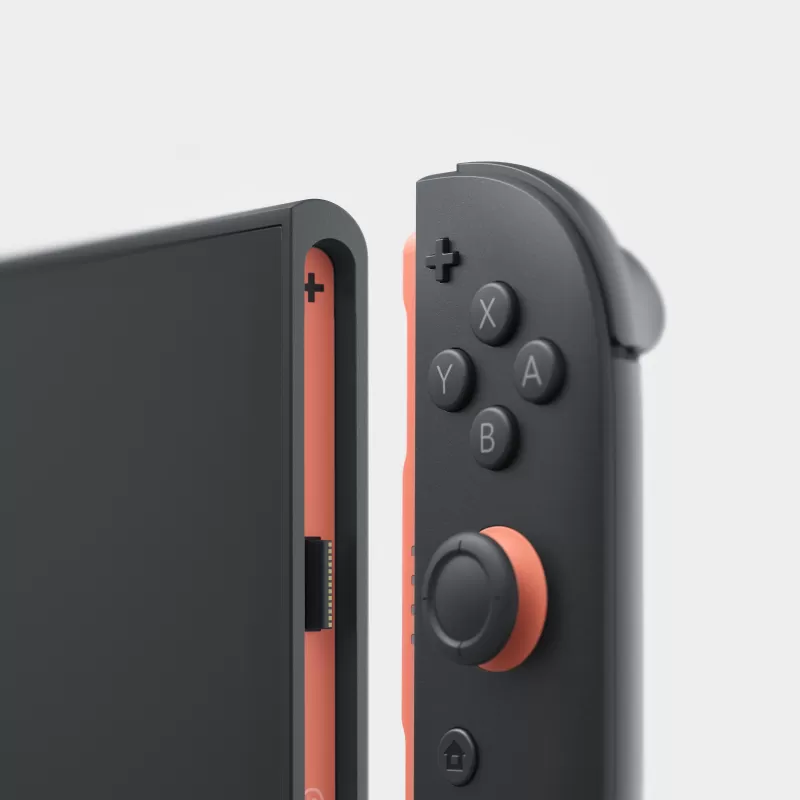
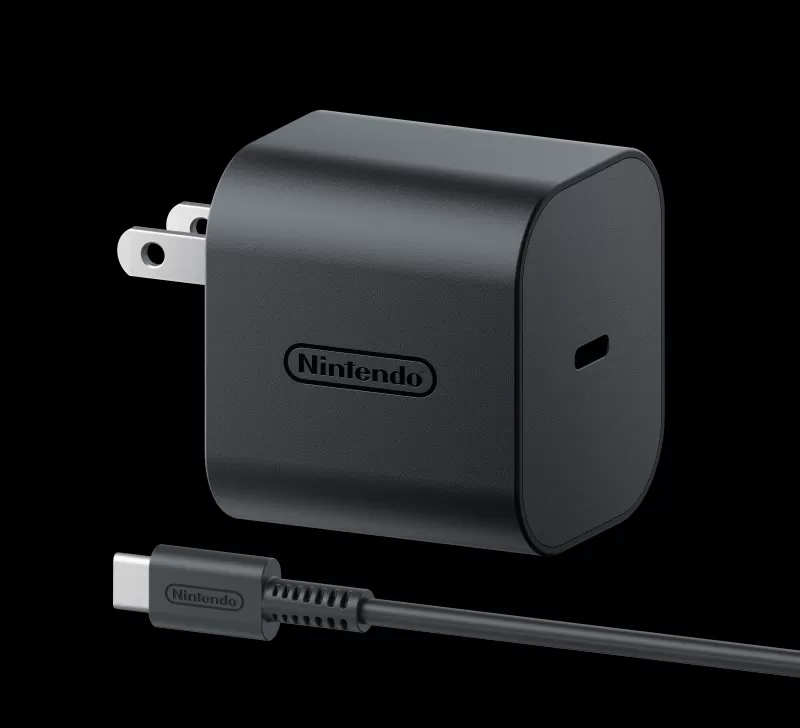
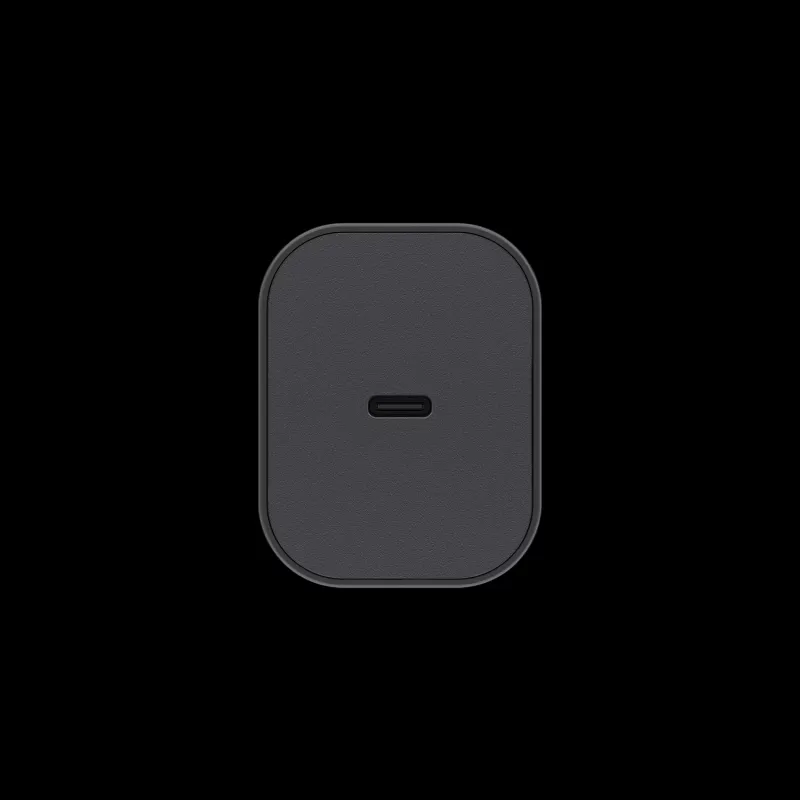
 Home
Home  Navigation
Navigation






 Latest Articles
Latest Articles
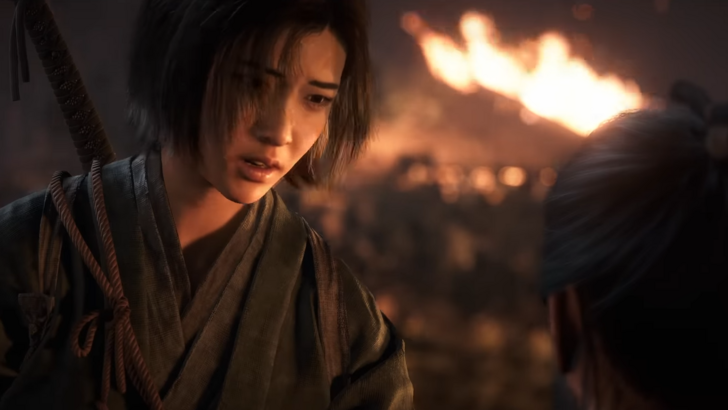
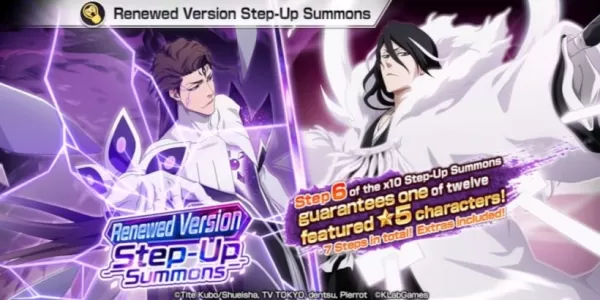








 Latest Games
Latest Games









